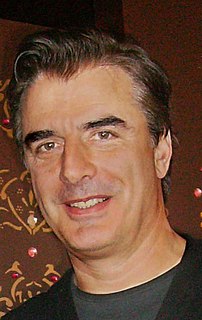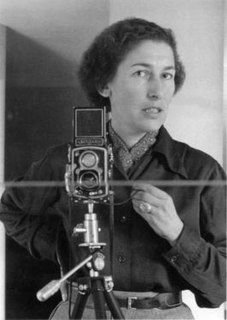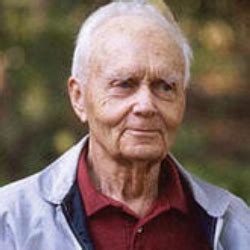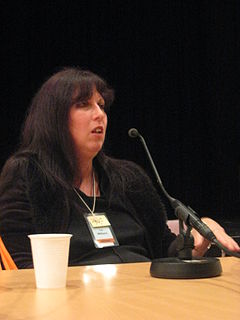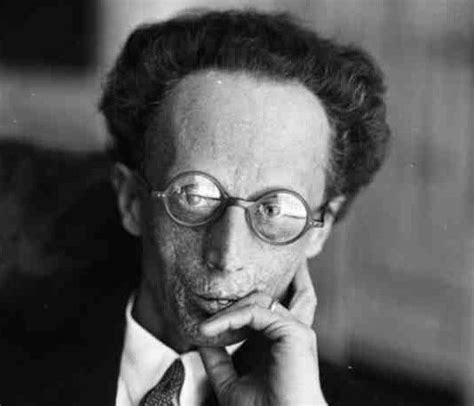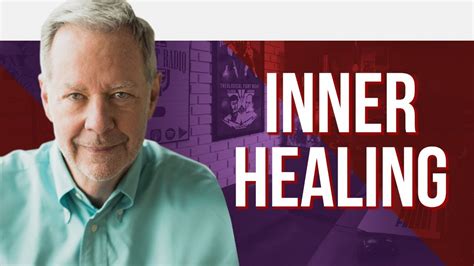A Quote by Alan Cohen
The more you live by external shoulds, the farther you drift from the power inherent in your own spirit.
Related Quotes
Never lose your self-respect, nor be too familiar with yourself when you are alone. Let your integrity itself be your own standard of rectitude, and be more indebted to the severity of your own judgment of yourself than to all external percepts. Desist from unseemly conduct, rather out of respect for your own virtue than for the strictures of external authority.
When you work for others, you are at their mercy. They own your work; they own you. Your creative spirit is squashed. What keeps you in such positions is a fear of having to sink or swim on your own. Instead you should have a greater fear of what will happen to you if you remain dependent on others for power. Your goal in every maneuver in life must be ownership, working the corner for yourself. When it is yours, it is yours to lose - you are more motivated, more creative, more alive. The ultimate power in life is to be completely self-reliant, completely yourself.
We spend our lives, all of us, waiting for the great day, the great battle, or the deed of power. But that external consummation is not given to many: nor is it necessary. So long as our being is tensed, directed with passion, towards that which is the spirit of all things, then that spirit will emerge from our own hidden, nameless effort.
Photography is the typical means of expression of a society founded on a civilization of technicians, conscious of the aims it has set for itself... Its power of exactly reproducing external reality, a power inherent in its technique, lends it a documentary character and makes it appear as the most faithful and impartial process for the reproduction of social life.
Knowledge is inherent in man; no knowledge comes from outside; it is all inside. We say Newton discovered gravitation. Was it sitting anywhere waiting for him? It was in his own mind; the time came and he found it out. All knowledge that the world has ever received comes from the mind; the infinite library of the universe is in our own mind. The external world is simply the suggestion, the occasion, which sets you to study your own mind.
All children want to do is play in worlds they create and project on their external world. If allowed to do that, they are constantly building new neural structures for creating internal worlds and projecting them on their external world. And they build up an enormous self-esteem and feeling of power over the external world through their own capacities.
The work of the inventor consists of conceptualizing, combining, and ordering what is possible according to the laws of nature. This inner working out which precedes the external has a twofold characteristic: the participation of the subconscious in the inventing subject; and that encounter with an external power which demands and obtains complete subjugation, so that the way to the solution is experienced as the fitting of one's own imagination to this power.




